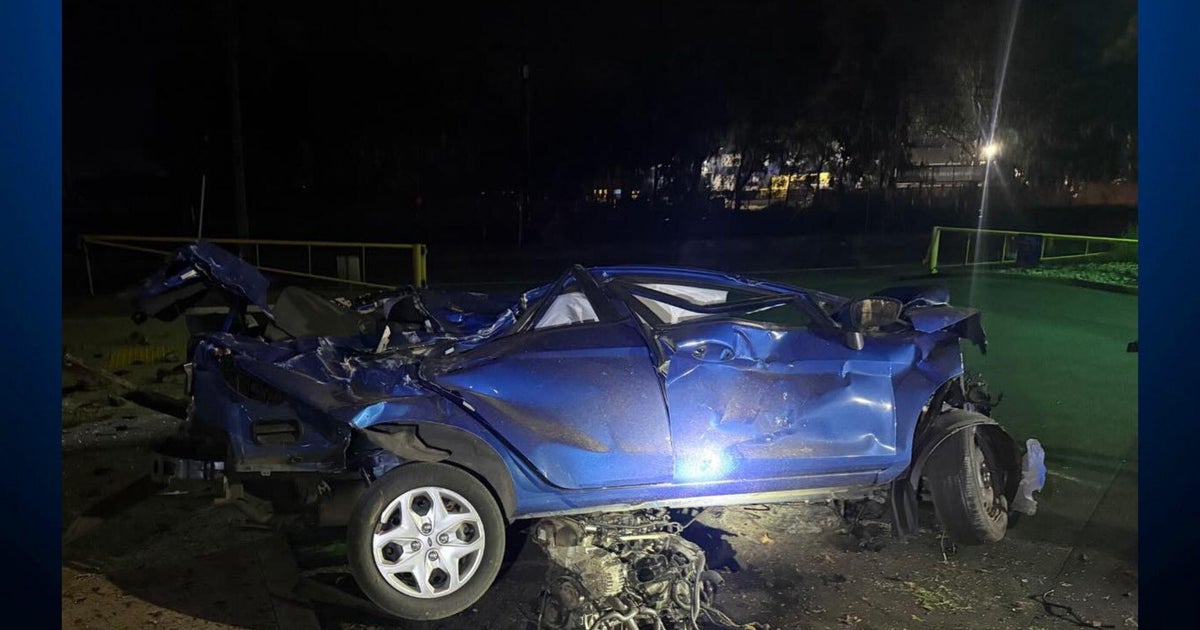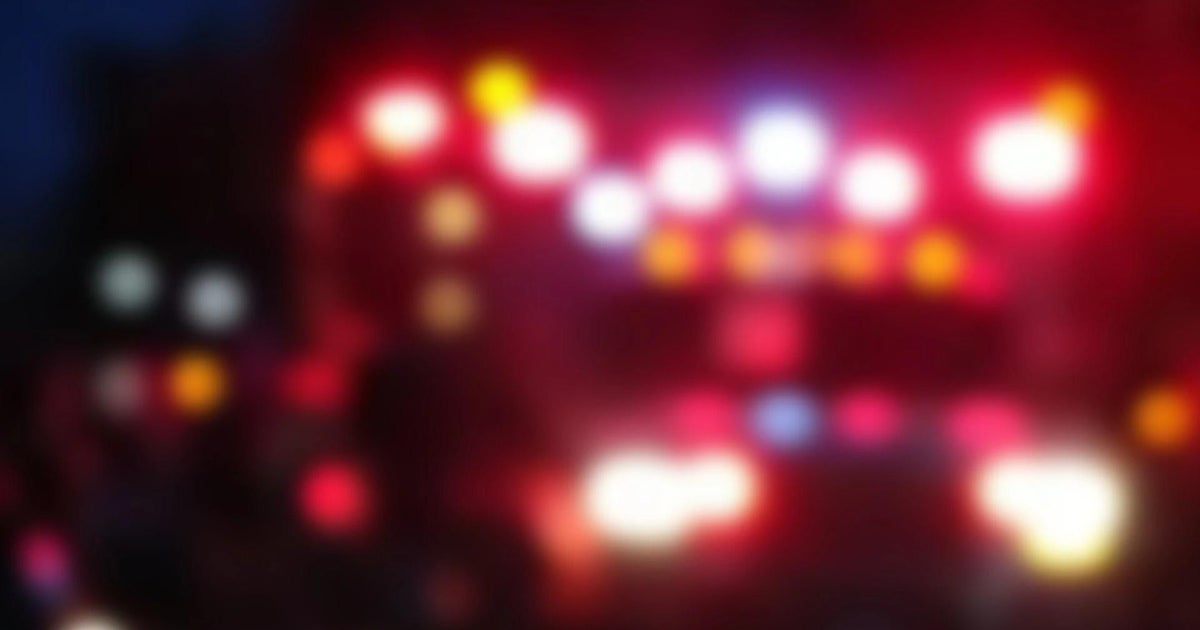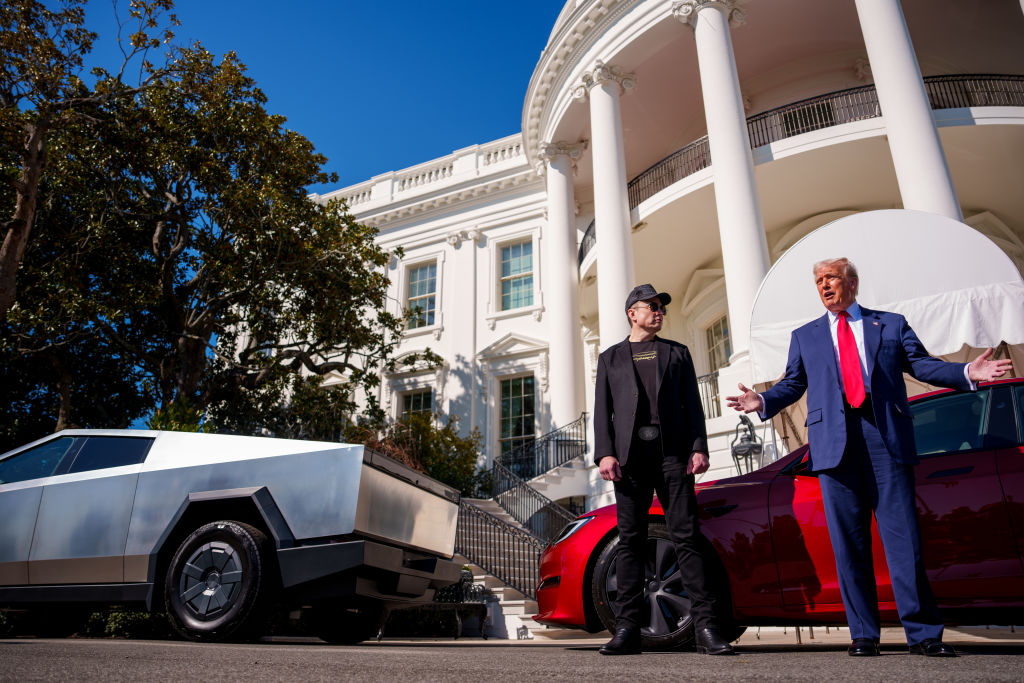Car assistance systems only boost safety if drivers pay attention, tests find
Tesla CEO Elon Musk shook up the stock market Tuesday afternoon when he tweeted he's "considering" taking his company private. The stock immediately shot up, closing up nearly 11 percent at just under $380 per share. All that came on the same day the Insurance Institute for Highway Safety (IIHS) put out a series of reports on driver assistance systems — including Tesla's Autopilot — that found they do increase safety, but only if drivers pay close attention to the road.
IIHS found varying levels of performance writing none of the vehicles tested "are capable of driving safely on their own." Tesla's driver assistance system has suffered a series of high-profile accidents including a fatal crash outside San Francisco in March.
We took Tesla's Autopilot for a test drive along with Tim Stevens, editor of CNET's Roadshow.
"Autopilot is basically a suite of driver assistance systems, all based on camera and radar sensors built into the car. Particularly on the highway it'll stay within its lane, it'll speed up or slow down based on traffic and make it so that the car kind of takes some of the drudgery out of driving," Stevens said. "I feel like there's this perception that this is a self-driving car, which it very much is not."
Tesla says the amped-up cruise control should only be used on divided highways because it requires clearly marked lanes and does not respond to traffic signals or stop signs. The misperception that it's a self-driving car, or what the NTSB called "over-reliance on vehicle automation," factored heavily in a 2016 crash that killed 40-year-old Joshua Brown.
During the test drive, Autopilot generally performed well on a busy stretch of New Jersey highway, but the car nearly drove into another when two lanes merged together.
"Not quite a perfect system. The car was not aware that there was another car that was about to steer into us," Stevens said.
"It's unclear if there's any safety benefit from these systems and there very well might be a safety problem with these systems," said Jake Fisher, Consumer Reports' director of auto testing.
On the magazine's test track, Fisher demonstrated how Tesla's Autopilot struggled to navigate turns when the road lines faded and relied on the driver to hit the brakes as the car approached the end of the track. He said Autopilot can't monitor how the technology is used or a driver's attention to the road.
Tesla declined CBS News' requests for an on-camera interview about Autopilot, but has announced an update is coming to the technology. The company says Autopilot is designed for an attentive driver and insists it is safe when it used correctly.




